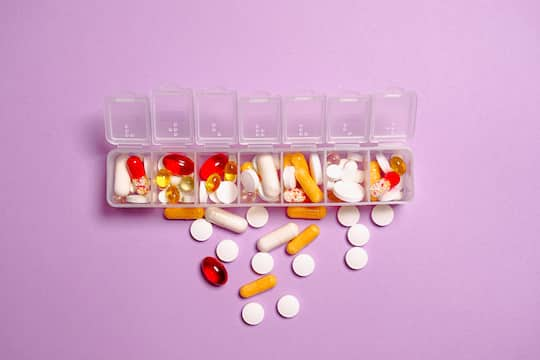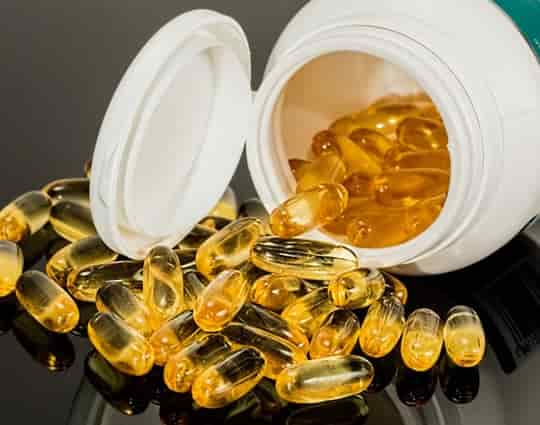There is a higher risk of premature death for those who are deficient in this vitamin.
There is a higher risk of premature death for those who are deficient in this vitamin.
Being deficient in vitamin D can lead to serious health issues.
Examples include bone loss, poor immune system, increased risk of heart disease and diabetes, multiple sclerosis, depression, and anxiety.
Further evidence from a University of South Australia study reveals a strong link between low vitamin D levels and increased odds of premature death from any cause including respiratory diseases, cancer and cardiovascular disease.
The study also found that the likelihood of early death reduced steeply when vitamin D concentrations increased by 50 nmol/L.
Vitamin D deficiency is identified when a person’s serum level of 25-hydroxyvitamin D (25(OH)D) is less than 25 nmol/L.
Our skin absorbs vitamin D by exposure to sunlight — but even with its abundance in Australia, one third of Australian adults are vitamin D deficient.
Mr Joshua Sutherland, the study’s first author, said:
“While severe vitamin D deficiency is rarer in Australia than elsewhere in the world, it can still affect those who have health vulnerabilities, the elderly, and those who do not acquire enough vitamin D from healthy sun exposure and dietary sources.
Our study provides strong evidence for the connection between low levels of vitamin D and mortality, and this is the first study of its kind to also include respiratory disease related mortality as an outcome.
We used a new genetic method to explore and affirm the non-linear relationships that we’ve seen in observational settings, and through this we’ve been able give strong evidence for the connection between low vitamin D status and premature death.
Vitamin D deficiency has been connected with mortality, but as clinical trials have often failed to recruit people with low vitamin D levels — or have been prohibited from including vitamin deficient participants — it’s been challenging to establish causal relationships.”
The research used the records of 307,601 white adults in the UK Biobank study who were between 37 and 73 years old.
The average levels of vitamin D were estimated at 45 nmol/L and vitamin D deficiency was classified as concentrations below 25 nmol/L.
During the 14 years of follow-up, 18,700 of the participants died.
The risk of premature death was increased by 25 percent for those with vitamin D deficiency.
However, when vitamin D concentrations increased to 50 nmol/L, the odds of dying were reduced, especially among people who were severely deficient.
Professor Elina Hyppönen, the study’s senior author, said:
“The take-home message here is simple — the key is in the prevention.
It is not good enough to think about vitamin D deficiency when already facing life-challenging situations, when early action could make all the difference.
It is very important to continue public health efforts to ensure the vulnerable and elderly maintain sufficient vitamin D levels throughout the year.”
Signs of vitamin D deficiency
Vitamin D deficiency exhibits various signs and symptoms.
Sleepiness and fatigue during the day, weight gain, and muscle weakness have all been reported among those who suffer from vitamin D deficiency.
However, all of these symptoms are general and could be related to other conditions.
That is why, if you are worried, it is important to get checked out by a healthcare provider.
Vitamin D is vital for regulating the levels of phosphate and calcium in the body.
These are essential to the bones, teeth and muscles.
The study was published in the journal Annals of Internal Medicine (Sutherland et al., 2022).










